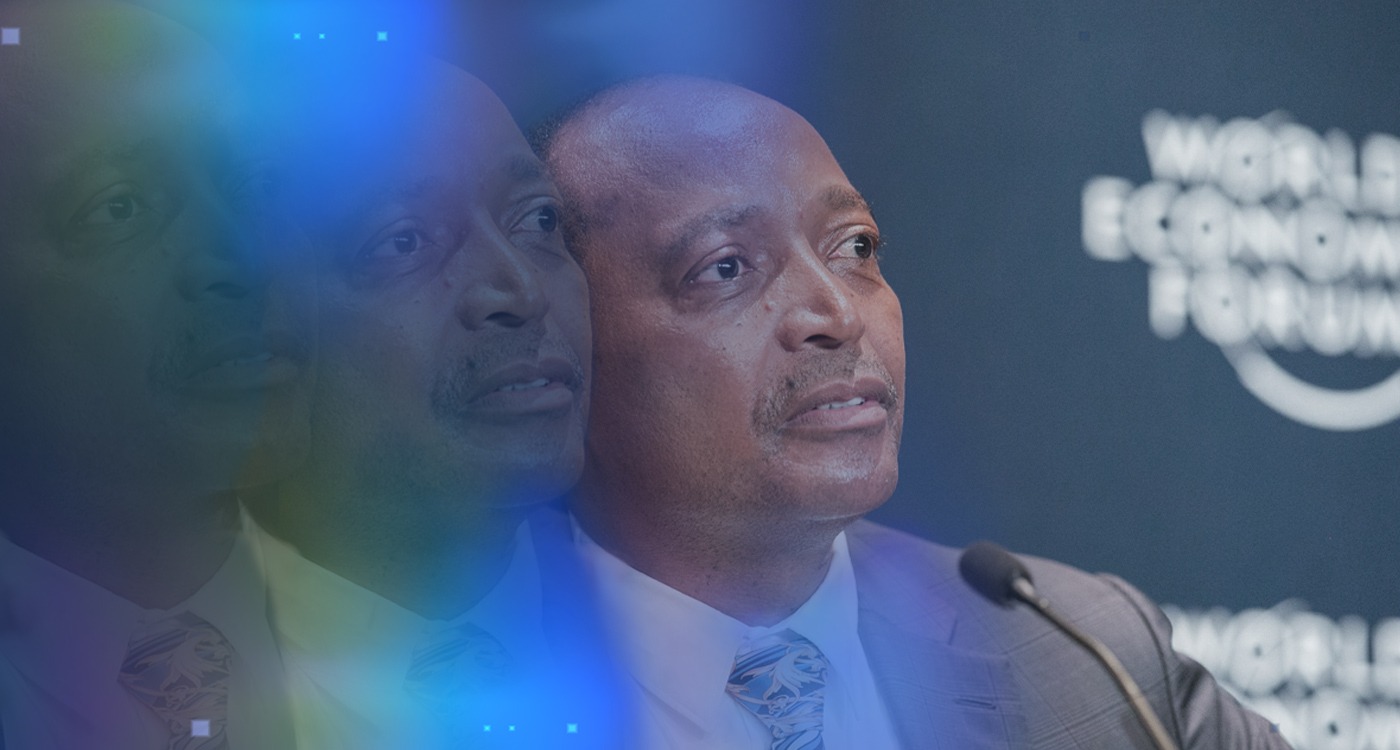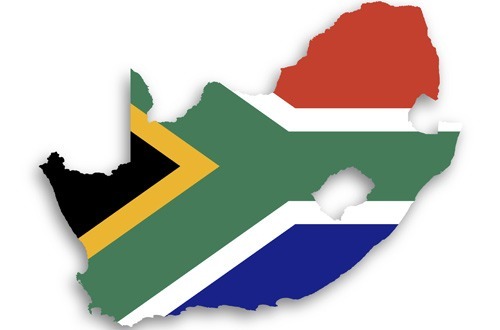Public voting is now open for this year’s PriceCheck Tech and E-Commerce Awards and closes on 28 July 2017. The gala event and awards ceremony, hosted by PriceCheck, will be held at the Westin Cape Town Hotel on 14 September 2017 and will celebrate the country’s best and brightest in e-commerce and technology.
Kevin Tucker, founder of PriceCheck, says, “We hope that the South African public is ready to make its mark, vote for its favourite South African organisations and give the technology and e-commerce industries – and those who make them shine – the acknowledgement they deserve.”
“People can vote online by visiting the website, filling in their details and that of their chosen organisation. Those who participate in the voting process also stand the chance of winning prizes sponsored by Huawei.”
He adds that the awards strive to be inclusive and fair and are based on both public opinion, as well as the expertise of a carefully-selected panel of judges.
Criteo representative and one of the judges on this year’s panel, Michele Lozzo says, “E-commerce in Africa has seen amazing growth over the last few years, with the continuing growth of mobile penetration playing a big part in driving the industry forward. South Africa is clearly in the lead here, with a great mix of well-established players and upcoming start-ups working hard on building this success story and driving innovations which is key to any e-commerce market.”
Last year Takealot.com scooped the Overall Winner Award as well as the People’s Choice Award. Vote here.
Nine SMMEs Awarded Contracts Worth R30 million By Coega
Small, Medium and Micro Enterprises (SMMEs) in the Eastern Cape are getting a much needed boost from the Coega Development Corporation (CDC) following its investment of R30 million in SMMEs to complete various construction projects in the Coega Special Economic Zone (SEZ).
“As an empowerment-driven organisation, the CDC is conscious of the important role that the small business sector plays in unlocking economic growth in Nelson Mandela Bay and South Africa. Our dedicated SMME Unit was specifically established to support SMMEs, in line with our vision to be a catalyst for championing of the socio-economic development,” says Dr Ayanda Vilakazi, Head of Marketing and Communications at the Coega Development Corporation.
The contracts to SMMEs from the Nelson Mandela Bay metro were awarded over a time period of 12 months and include three projects, namely CCA Fencing, MM Engineering and Custom Control Area – Building – Zone 1.
The construction work on these projects includes brickwork, electrical, structural steel, civil works and landscaping, amongst others.
CCA Fencing sees the replacement of fencing in the Coega SEZ, which entails the removal of 11 kilometres of existing palisade fencing and its replacement with a more secure and durable system, is due to be completed in August 2017. More than R2 000 000 of the project costs has been awarded to SMMEs Magma Civil Engineering Contractors, Construction Solutions and Ngingi Construction. The project compromises of 36% SMME participation.
Another project currently being implemented is the construction of South Africa’s first factory to manufacture liquid petroleum gas cylinders for MM Engineering, with contracts worth R22 246 847 allocated to SMMEs. Work on the factory started in May 2017 and is due to be completed by February 2018. SMMEs contracted to the project to date include Ascon Civil Engineering and Y.K.W. Projects, and they represent a portion of the 39% SMME participation achieved.
“When it is running at full capacity MM Engineering will be producing 3 200 metal gas cylinders a day. This is one of the first plants of its type in Africa. It will serve the local market, as well countries within the Southern African Development Community (SADC) and international markets,” explains Vilakazi.
The third project is the building of a CDC’s Custom Control Area administration block in Zone 1 (Logistics Cluster) in the Cacadu district, where the contract value to SMMEs is R5 707 007. Work on the Customs Control Area building started in February 2017, and is due to be completed by October 2017. SMMEs that are involved in the construction include YKW Projects, Mamumde Trading Enterprise, Agnew Cabinets, Mothiscore, Ingakuhle Trading Enterprise, Mpuma Koloni Cooling and Electrical, Rulasaqa Plumbing and Ibhayi Achuma Trading.
Afribusiness Vows To Stop Eskom Hiking Electricity Tariffs
AfriBusiness has said that it will intervene if power utility Eskom approaches the National Energy Regulator of South Africa (Nersa) to increase electricity tariffs yet again.
This comes as the Supreme Court of Appeal last month upheld an appeal by Nersa and Eskom, opening the door for the approval of further electricity tariff increases.
Eskom is now able to apply for tariff increases to accumulate through regulatory clearing account (RCA) applications, and is seeking a further 20 percent tariff increase.
AfriBusiness’s labour law advice unit manager, Charles Castle, said South Africa was currently in a technical recession, and that consumers bore the brunt of the poor implementation of economic policies and the widespread corruption in some state sectors.
“To expect citizens to keep using less power, but to pay more per unit, is preposterous. Eskom should rather withdraw from neighbouring Zimbabwe and invest all of its resources in South Africa,” Castle said in a statement.
“Eskom is currently faced by allegations of fraud, corruption and maladministration and should be held accountable. The citizens of this country cannot be held liable for management’s blunders and ill-conceived ‘Zupta’-dealings.”
Castle said AfriBusiness recently requested information in terms of the Promotion of Access to Information Act pertaining to Gupta-owned Tegeta’s controversial acquisition of the Optimum coal mine from Glencore.
“No information has been provided by Eskom, necessitating AfriBusiness to pursue a court application,” said Armand Greyling, law and policy analyst at AfriBusiness.
Afribusiness said more tariff hikes would result in more job losses as the economy was already strained and the unemployment rate was more than 27 percent. (via African News Agency)







